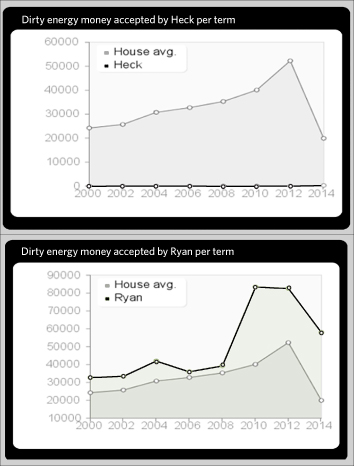“Do we understand the path we are taking here, by defining two classes of water, for two different groups of population?”
Dr Raul Gupta, head of the Kanawha-Charleston Health Department, West Virginia
—Evan Osnos, “Chemical Valley,” The New Yorker, April 7, 2014
The chemical spill in West Virginia, in which at least 10,000 gallons of MCHM (methylcyclohexane methanol) poured into the Elk River one mile upriver of the largest water treatment in the state, is symptomatic of a political system that has to change. On January 9, 2014, after people called emergency services to complain about the smell in the air and the way that drinking water coated their throats, two state inspectors went to a chemical storage facility run by Freedom Industries. There, they found a leaking chemical tank. At least 300,000 people were affected. Schools, restaurants and businesses were shut down. President Obama declared a national emergency and sent in the National Guard to deliver bottled water.
“Open for Business.” That slogan was adopted by West Virginia in 2006, and the chemical spill illustrates what that means. The radical approach to environmental regulation adopted in the state focuses on compliance assistance—helping business live within the law. West Virginia Republican leaders have successfully made the case that regulating heavy industry infringes on freedom and the right to profit.
That approach doesn’t work, as the spill so profoundly demonstrated. The interests of businesses in an unregulated capitalist system directly conflict with our basic human rights. Although Freedom Industries has now declared bankruptcy, they made a large profit—in part because they didn’t spend money on chemical storage tanks that didn’t leak. They didn’t have to.
The same dynamic is at work with climate change, only the number of people effected by the “spill” is and will continue to be much larger. The recent IPCC report describes disruptions in food systems, water shortages, and mass migrations leading to political conflicts as a consequence of increasing green house gas emissions. The only way to keep the scale of the disaster manageable is to limit and then stop the use of fossil fuels.
As a first step, we need to end subsidies for fossil fuel companies at a state and national level.
Oil Change International has a great website (priceofoil.org) that shows why this is an uphill battle. Fossil fuel companies pay Republican and some Democrat politicians to maintain subsidies for production and to limit regulations. Oil Change International’s “dirty energy money” database lets you see who is taking what from whom.
Here’s a glimpse in the graphs above.
Denny Heck has accepted less money from fossil fuel based energy companies than the House average. (The same is true for our senators.) Paul Ryan, in comparison, is subsidized to protect fossil fuel subsidies.
When politicians are paid to protect subsidies, they will. Republican politicians in West Virginia made deals with their largest contributors to put corporate profits ahead of public safety—in the form of clean water and clean air. West Virginia people suffer as a result. The problem with climate change is that we can’t move to another state—it effects us all. Check out Oil Change International’s “Separate Oil and State” initiative—and let’s see if we can get our future back.
Emily Lardner teaches at Evergreen State College and co-directs The Washington Center for Improving Undergraduate Education, a public service of the college.

Be First to Comment